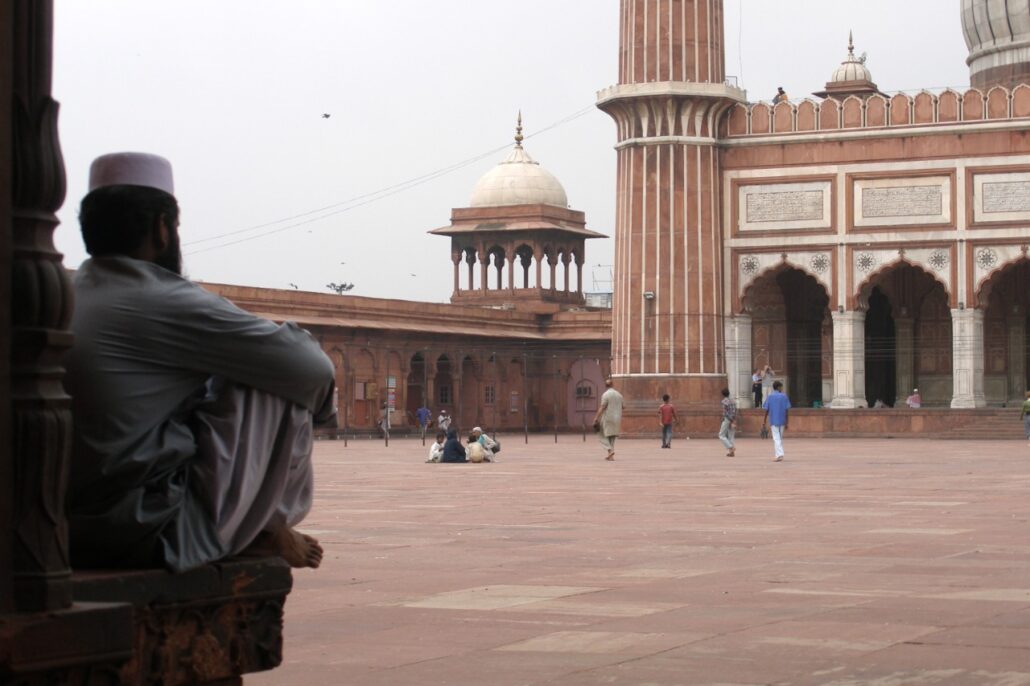
Religious freedom, According to a US Commission on Religious Freedom assessment, human rights in India are under jeopardy, and government policies do not safeguard religious minorities.
The United States Commission on International Religious Freedom (USCIRF) said on Tuesday, in an unusual year-end update on the state of its appraisal of religious freedom in the country, that religious freedom and related human rights are under constant assault in India.
According to the report the religious freedom conditions in India remained poor in 2022.
“During the year, the Indian government at the national, state, and local levels continued to promote and enforce policies, including laws targeting religious conversion, interfaith relationships, and cow slaughter, that negatively affect Muslims, Christians, Sikhs, Dalits, and Adivasis (indigenous and scheduled tribal people),” the report said, Muslim Mirror reported
According to the report, the Indian government continued to repress critics of its policies and ideologies in 2022.
“Officials surveilled, harassed, detained, and prosecuted a number of journalists, lawyers, rights activists, academics, political leaders, religious minorities, and others critical of its policies through the use of various laws, including the UAPA and other statutes,” the report said.
The report criticised the use of UAPA and other laws which were used against “a number of journalists, lawyers, rights activists, academics, political leaders, religious minorities, and others critical of its policies through the use of various laws”.
“Individuals charged under the UAPA in 2021 and 2022 include several Muslim journalists for reporting on communal violence, particularly in Uttar Pradesh, and for reporting on human rights violations in the Muslim-majority state of Jammu and Kashmir,” the report said.
The report makes a mention of Mohammed Zubair, Siddique Kappan, Teesta Setalvad, Father Stan Swamy, Atikur Rahman, among the people arrested under UAPA.
According to the report, in 2022, Indian authorities in several states destroyed people’s homes, alleging that the demolished buildings lacked proper permits and were illegal structures. However, the demolitions primarily targeted Muslims, some of whom were accused of participating in riots, including the Ram Navani procession incident in Khargone, Madhya Pradesh, and the Hanuman Jayanti procession in Delhi.
“Also in June, police in Uttar Pradesh arrested Javed Mohammed, a Muslim community leader, after accusing him of organizing protests. The following day, authorities demolished his home,” it adds.
The report also makes a mention of “pardoned Hindu nationalists who have actively sought to harm religious minorities.”
“In March 2022, the creators of the Sulli Deals and Bulli Bai app were granted bail. The apps, created to harass Muslim women, including journalists, social workers, and students, listed hundreds of Muslim women for ‘auction’ accompanied by derogatory and sexual content,” the report says.
“On India’s independence day on August 15, 2022, 11 convicts serving life sentences for the gang rape of Muslim woman Bilkis Bano and the murder of 14 members of her family including her infant daughter during the 2002 Gujarat riots were pardoned by the Gujarat state government with the approval of the federal government,” it says.
According to the report, numerous organizations that document religious freedom violations in India or aid marginalized religious communities have been forced to shut down their operations in the country under the FCRA, legislation that regulates access to foreign funds and prohibits their receipt for any activities purportedly ’detrimental to the national interest’”.
“Over the past two years the Indian government reportedly suspended the funding of several Christian and Islamic organizations under the FCRA due to alleged conversion activity,” the report says.
The report also criticised the the Karnataka High Court judgement which upheld the ban on wearing hijabs in class in the state.
“The ruling is likely to further deepen religious tensions in the country,” the report said.
The report also criticised the Citizenship Amendment Act (CAA) and NRC.
According to the report, religious minorities continue to face targeted violence and discrimination for being perceived as a threat to Hinduism.
“Authorities, including police, at times assist Hindu nationalist vigilante groups,” the report says.
According to the report, USCIRF has received credible reports that adherents of these hardline groups threaten and use violence, including sexual assault, to punish or subdue religious communities, including Dalit Christians and Muslims, who are often discriminated against both for converting and being “lower-caste.”
Earlier, in 2022, USCIRF recommended in its Annual Report that the U.S. Department of State designate India as a “country of particular concern,” or CPC, for engaging in or tolerating systematic, ongoing, and egregious religious freedom violations, as set forth by the International Religious Freedom Act.
The USCIRF’s findings have previously been criticised by India as being “biased and inaccurate.”
The United States Commission on International Religious Freedom (USCIRF) was established by an act of Congress. However, the U.S. State Department is not obligated to follow its recommendations.
As of now, the U.S. State Department has declined to follow the commission’s recommendations.




